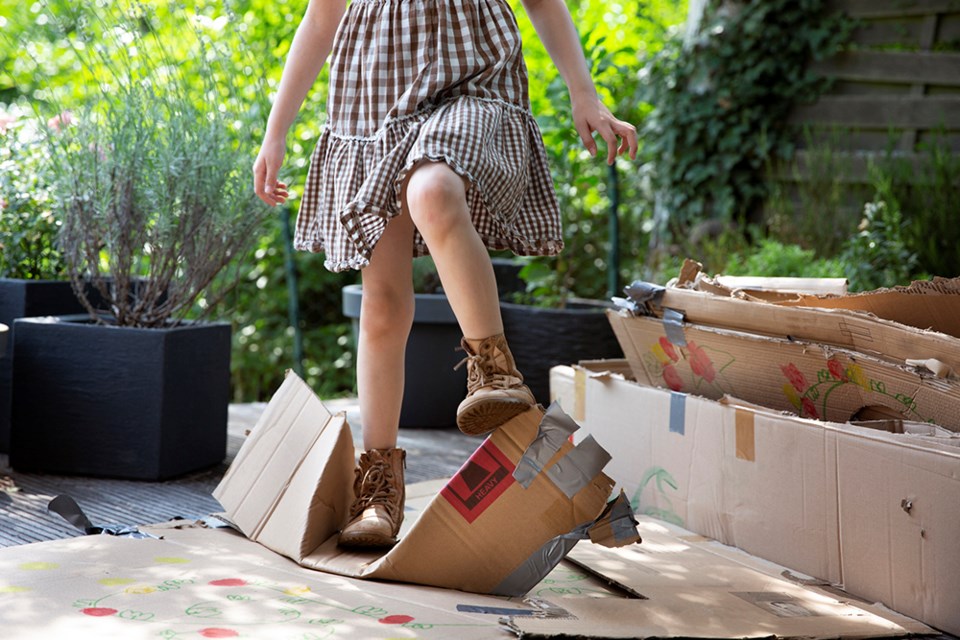Whatever breed of earth-lover you are, you’re fostering a relationship with the planet.
Some of us are herb nerds. Others crush it in recycling. Some live to dive into dumpsters and reclaim perfectly salvageable discards.
However you care for the planet, there are always opportunities to learn more about her and grow in your capacity to be a good steward.
Recycling keeps resources in circulation. Whether it prevents a tree from being needlessly cut, keeps petroleum in the ground or reduces our need to mine metal, it is something we can do reasonably well in BC.
While recycling isn’t accessible in many parts of the world, let alone North America, BC has established itself as a leader. In total, there are 22 separate recycling programs available in the province for everything from light bulbs to used oil, to outdated medication and more.
On top of these provincial programs, smaller one-off programs are tapped into by some municipalities for items such as clothing, cork and plastic writing implements. If you’re new to qathet Regional District, you can put your finger on the pulse of local recycling by accessing the Waste Wise Guide through City of Powell River’s website. One of the main distinctions to note is that plastic bags, styrofoam and glass containers are accepted only at our regional recycling depots, not in curbside bins.
Despite news reports that Canada is failing at recycling plastics, the recycling of plastic containers in BC is quite efficient. In 2015, Recycle BC (RBC) took over the broad category of packing and printed paper, which encompasses most food containers and other household packaging (whether they’re made from paper, metal, glass, styrofoam or plastic).
BC residents are onboard RBC’s program, returning more than 78 per cent of all the packaging in circulation. Of that amount, more than 90 per cent is in good enough condition to be recycled.
That said, it is sometimes downcycled into something of lesser value rather than back into another container. Glass containers, for instance, become construction aggregate and foam can be densified into crown moulding. Other than paper, most RBC recycling is processed in North America, much of which happens in BC.
While we are doing well with participating in recycling, we can still stand to tweak our recycling skills. One area residents sometimes neglect is the flattening of cardboard boxes.
City residents should deconstruct all cardboard boxes as they take up a lot of room in collection trucks, not to mention the time and strain on staff who may be forced to leave unflattened boxes behind on their route. If you have a lot of cardboard, bundle it into batches no more than 30 x 30 x 8 inches - leaving labels and staples on - and place it next to your recycling bin.
Residents dropping cardboard off at depots are also requested to flatten boxes, although they don’t need to be bundled.
In spite of the breadth of recycling in BC when compared to most anywhere else, there remains a gaping hole in local recycling. A host of plastic products have no recycling program. These include plastic items most households have such as lawn chairs, tarps, rakes, vinyl siding and toothbrushes.
Small appliances, like espresso machines and blenders, as well as electronics like gaming consoles and remote controls, however, do have recycling programs. To find out if an item that you need to discard is recyclable in Powell River, use the city’s Waste Wizard search engine.
We’re doing great with recycling. Now let’s crush it even harder.
Let’s Talk Trash is qathet Regional District’s waste reduction education program. For more information, email [email protected] or go to LetsTalkTrash.ca.



